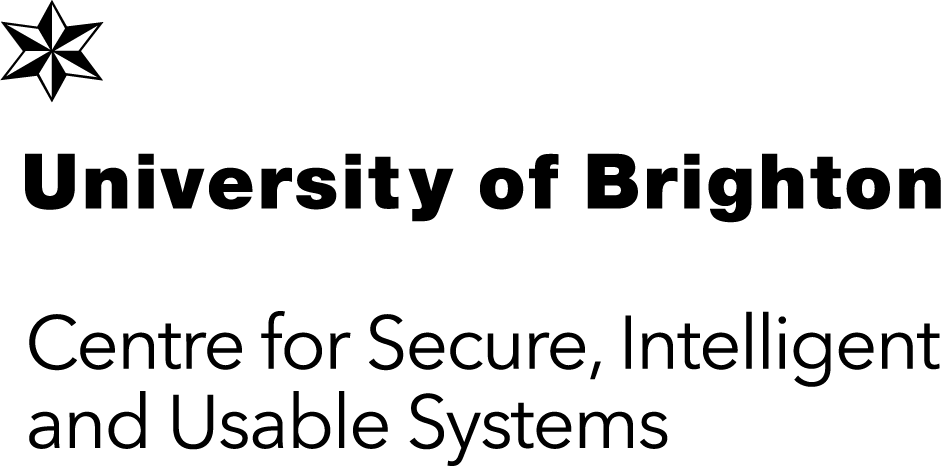Open Data and Artificial Intelligence
2022-06-30T10:15:00Z
A novel cough audio segmentation framework for COVID-19 detection
Alice E. Ashby (University of Brighton, UK), Julia A. Meister (University of Brighton, UK), Goran Soldar (University of Brighton, UK), Khuong An Nguyen (University of Brighton, UK)
Despite its potential, Machine Learning has played little role in the present pandemic, due to the lack of data (i.e., there were not many COVID-19 samples in the early stage). Thus, this paper proposes a novel cough audio segmentation framework that may be applied on top of existing COVID-19 cough datasets to increase the number of samples, as well as filtering out noises and uninformative data. We demonstrate the efficiency of our framework on two popular open datasets.
Exploring AI in Healthcare: How the Acceleration of Data Processing can Impact Life Saving Diagnoses
Jacob Jane (Arizona State University, United States, Ajay Bansal (Arizona State University, United States, Tyler Baron (Arizona State University, United States)
Artificial Intelligence (AI) is one of the biggest topics being discussed in the realm of Computer Science and it has made incredible breakthroughs possible in so many different industries. One of the largest issues with utilizing computational resources in the health industry historically is centered around the quantity of data, the specificity of conditions for accurate results, and the general risks associated with being incorrect in an analysis. Although these all have been major issues in the past, the application of artificial intelligence has opened up an entirely different realm of possibilities because accessing massive amounts of patient data, is essential for generating an extremely accurate model in machine learning (ML). This paper presents an analysis of tools and algorithm design techniques used in recent times to accelerate data processing in the realm of healthcare, but one of the most important discoveries is that the standardization of conditioned data being fed into the models is almost more important than the algorithms or tools being used combined.
Towards a Standard Testing Data Set in Privacy
Amedeo Roberto Esposito (EPFL, Switzerland)
More and more information is being rendered publicly available through open data. Consequently, the need for private mechanisms is growing. The issue of the privacy-accuracy trade-off is more prominent than ever: keeping the information private and secure can seriously hamper the performance of queries of interest. Having perfectly secure open data that no one can interrogate is a paradox against the principles upon which open data themselves were founded. But how can one test said accuracy and performance? Much like in Machine Learning, data-sets for benchmarking are becoming necessary. The best one can do without them is theoretically compare private mechanisms among themselves, while the implications of these theoretical guarantees in daily practice remain unclear. A preliminary analysis that takes ideas from theory and tries to identify the characteristics of a potential benchmark is presented in this work.


